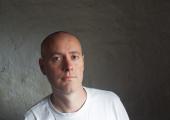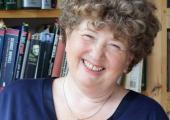Lutz Seiler: Pitch & Glint review - real verse power

A seminal work of German verse translated into radiant English for the first time
Reading the torrent of press-releases and blurbs on the many – and ever-growing – contemporary poetry collections over time, one starts to notice a distinct recurrence of certain buzzwords: searing is a regular participant, as is honest, and urgent, and unflinching. All of these words share a common indistinctness; each appeals to timeliness and/or some kind of apparent bravery; and each actually means extremely little.









